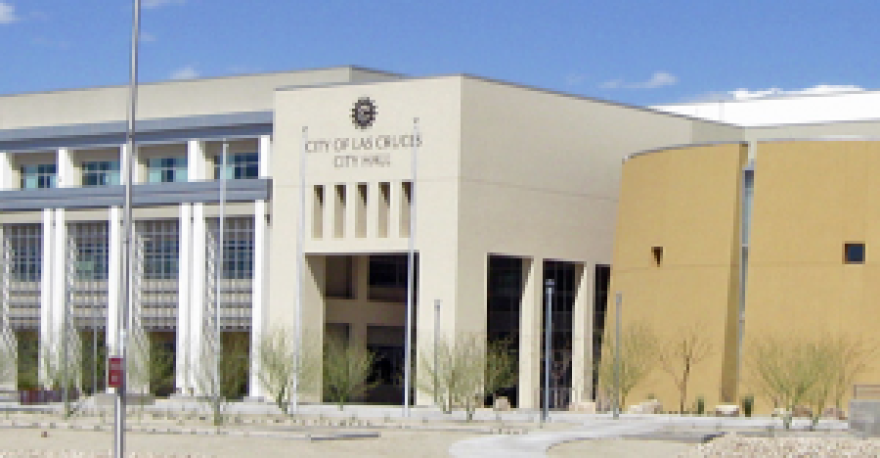Commentary
Making Las Cruces “business friendly” and eliminating “red-tape” are catchy slogans, but could mean things most voters wouldn't agree with.
If business-friendly means encouraging businesses, particularly small and local ones, that's great; but if it means surrendering decision-making to business or eliminating health and safety requirements, it'd be unwise.
Both mayoral candidate Gina Montoya Ortega and Council candidate Eli Guzman (District 1) have complained about their experiences with building permits – although others say the City is very cooperative.
Guzman was altering a building to house a dojo, without a permit. A codes officer spotted work and required a permit. Guzman reportedly wasn't happy. A City source says officials tried to work with him, but found him uncooperative.
Guzman says City officials were “unfriendly,” but denies the incident is why he's running. He also says his strong anti-abortion views have nothing to do with his candidacy, although someone made a video available in which he talks about that. He says that as a native he knows Las Cruces well and cares deeply about it.
If Guzman really didn't know he needed a permit, he may not be too savvy about municipal affairs; but if he knew and ignored the requirement, that's not a good sign either. Electrical mistakes can cause fires – and a balcony with too low a railing could cause injury.
Republican Steve Caldarazzo entered this race because he didn't realize business was supporting Guzman. I asked him whether the 2010 tax lien against him and his 2012 bankruptcy indicated he'd manage our money well.
To his credit, Calderazzo was frank. He says he's worked diligently to improve, regrets his mistakes, and has learned from them in ways that would make him a better councilor. However, he's tried to withdraw.
I like both Ken Miyagashima and Miguel Silva personally. Both initially opposed the minimum-wage hike. Miyagashima's study led him to change his mind. Silva stuck to the Chamber of Commerce line.
The city charter mandates that a petition-driven ordinance must either be passed as it is or put to a citizen vote. Silva voted to pass the ordinance while intending to violate the charter by weakening the ordinance very substantially.
The third mayoral candidate, Montoya Ortega, criticized both. She disagreed with Miyagashima on the raise; but she says that unlike Silva, she would have voted for a city-wide vote on the issue. Let the people decide, “because ultimately they'd pay for it.”
She said in a video interview that we should invest in the city's children. She knows there are programs, but thinks there should be more. She apparently doesn't share the view that all government is bad and said that on this issue she didn't join in criticism that the City spent too much money.
She reportedly called the paperwork to enter the race “nerve-wracking.” Being a councilor and balancing competing opinions on sometimes complex issues ain't no picnic.
Richard Hall (District 4) presents himself as the typical far-right conservative. Just before filing, he posted: “All I want is: Obama, gone; borders, closed; language, English; . . .” He also advocates mandatory welfare-screening. When Florida tried that, a lot of money was wasted on testing but very few welfare recipients tested positive. The public paid to hassle poor people pointlessly.
Hall also criticized the council because Picacho is dead. Interstate 10 killed Picacho. Before I-10, West to East travelers had to use Picacho and Valley. It's nothing this council did!
If there's more to Hall, he's keeping it secret. He ducked the Sun-News Editorial Board (as did Guzman) and the candidate forum at City Hall, and hasn't yet returned my phone calls.


